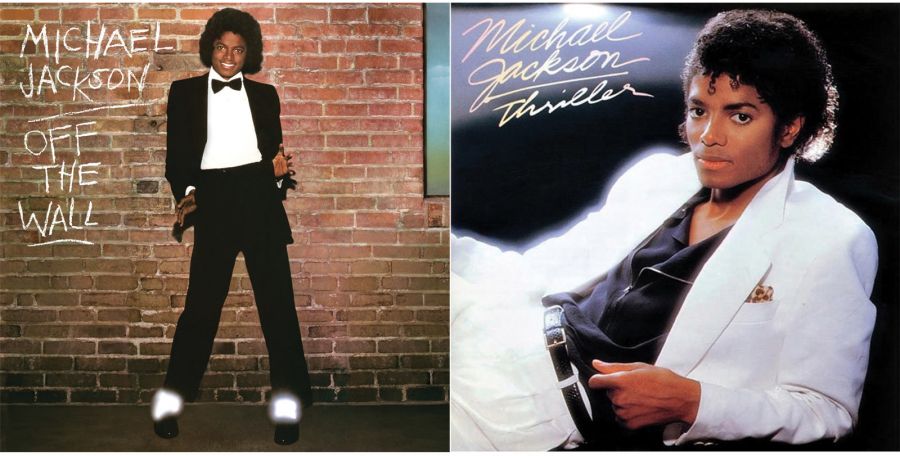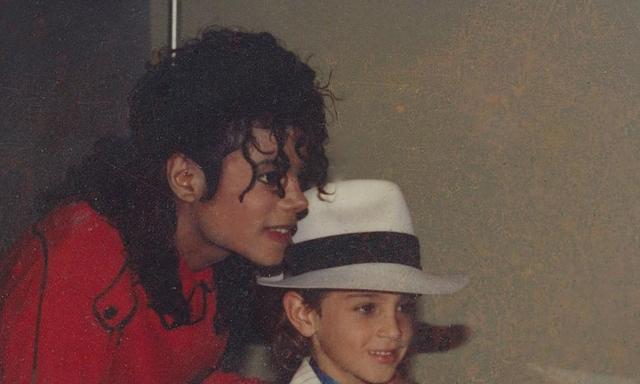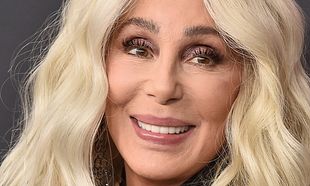Where were you when Michael Jackson died? Most people can remember exactly where they were when they heard the news on June 25th, 2009; it shocked the world.
We all also remember growing up listening to Jackson on the airwaves, on long car journeys, in kitchens and bedrooms, dancing to his tracks in nightclubs - the list of Michael Jackson moments goes on. There was no denying his status as the King of Pop.
We also remember the trial of Michael Jackson vs. the People of the State of California in the mid-noughties. The trial revolved around allegations from 13-year-old Gavin Arvizo, a boy with cancer who had visited Jackson's Neverland ranch. The case went on for 16 months, and included Macaulay Culkin again claiming that his relationship with Jackson was "innocent". The singer was acquitted of all allegations in 2005.
Ever since then however, it would be wrong to not admit you have had a feeling that you can't shake off. When Jackson first moved to his Neverland ranch in 1988, it raised a few eyebrows. He was a child at heart, so they said. So buying a ranch, creating a private amusement park and petting zoo, and inviting young children there, might not have seemed too bizarre to those close to the singer. To the rest of the world - it was odd.
'Leaving Neverland', the Channel 4 and HBO documentary airing this week, is aiming to blow Jackson's Neverland doors wide open. What happened behind closed doors, most don't know. The documentary features detailed accounts of alleged sexual abuse from Wade Robson and James Safechuck. Robson had been obsessed with Jackson as a young child, and won a competition to meet his idol; while Safechuck was a child actor who appeared with the singer in a Pepsi commercial. Safechuck says in 'Leaving Neverland' that he and his double on the set of the commercial were "the luckiest boys in the world". As well as their first-hand accounts, Jackson's historical rebuttals also appear in the documentary. Director Dan Reed has stated that the pair are speaking in search of justice, telling 'Good Morning Britain' "no-one disputes the fact that he slept with little boys... it is because of his talent that we allowed him to get away with it?"
Following the release of the documentary, actor Corey Feldman, the child star of 'The Goonies' and 'Stand By Me' who has described Michael Jackson as an "older brother" figure in his adolescent life and previously defended Jackson, has said that if Robson and Safechuck's stories are true, he can no longer defend him.
In light of the documentary, it will be interesting to see what happens with Jackson's musical empire. Jackson's family and estate have continuously denied the allegations against him and have condemned 'Leaving Neverland' and other works that they feel don't paint the singer in a positive light. They have also kept Jackson's work under lock and key since his passing; a reported Jackson tribute concert in 2009 amounted to nothing when his estate asked NBC for $20 million. Some have questioned if they are simply being protective of his work, or milking his assets and success.
It's hard to say what will happen in the future with his music. Artists may end up going the same route as Lady Gaga and Celine Dion following the recent docu-series 'Surviving R. Kelly'; both artists removed their songs with Kelly from streaming websites in solidarity with the victims. Paul McCartney collaborated with Jackson on 'The Girl is Mine' and 'Say Say Say;' while Justin Timberlake recorded a new duet version of 'Love Never Felt So Good' posthumously. Could these fresh allegations lead them to pull their music with the singer? It could be the first thing to happen to Michael Jackson's music, if anything does.

The Jackson estate acquired 74 million dollars in royalties from his works in 2015 alone
There are also the financial gains to consider - should Jackson's estate continue to earn royalties in the midst of all of these allegations? And shouldn't the other people who have been attached to Jackson's music and have done no wrong, be exempt? Quincy Jones, for example, who worked closely with the 'Bad' singer for many years, has earned over $18 million in royalties since Jackson's death; although he claims that he is due even more, and Jackson's estate is holding back funds. The estate is said to have earned over $900 million already since 2009.
Radio stations around the world may begin to boycott Michael Jackson music from their playlists, just like they have R. Kelly. If complaints from listeners begin to roll in, stations will have no other choice. Alternatively, there has been a small initiative online for R. Kelly and Michael Jackson royalties to be paid to the anti-violence and sexual assault charity RAINN. It would guarantee their music would remain on streaming platforms and on radio stations, and the public could be happier knowing that by listening to a certain track, that money is being donated to charity. An ideal outcome for many but one that might never come to fruition.
The non-music aspects of the situation are more significant. If this were a case against a man who was alive, it would be taken more seriously. If it were a case of a man who had done this to a woman, it would be taken seriously. Just because these two alleged victims, who previously defended Jackson in court, are only coming forward now, is that reason enough to not believe them?
Hollywood stars are placed on a pedestal and held to different standards than the rest of us. It's hard to think of The King of Pop doing this. He created so many hits, revolutionised pop music, made music videos that were spectacular events when they were released - are all these successes and achievements and works simply going to be erased from our collective cultural memory?
If 'Leaving Neverland' makes the impact it intends, and these two men are taken seriously, there might be generations who never discover Jackson and his music. In one way we'd be protecting the forthcoming generations from an alleged child rapist; but on the other hand, they'd be missing out on a musical legend. But a legend that will disquiet every time you hear any of his records in the future.
If Robson and Safechuck's stories are taken seriously, could it mean more court time for Jackson's family? Probably not. It's the alleged victims and families' words against a man who is deceased, with no way to argue against them. Time will tell if any positive outcome comes from their confessions - although it might be too little too late at this stage.
Can we live in a world where we separate the music from the person? Sadly, no.










































































